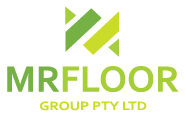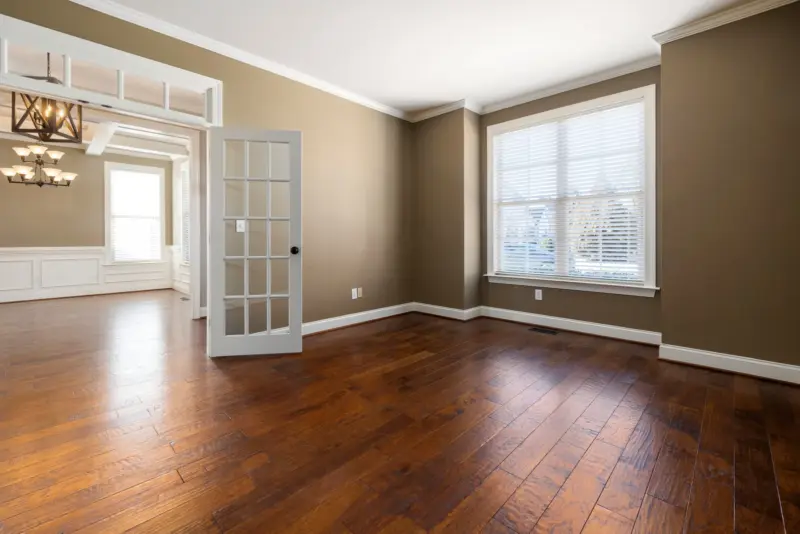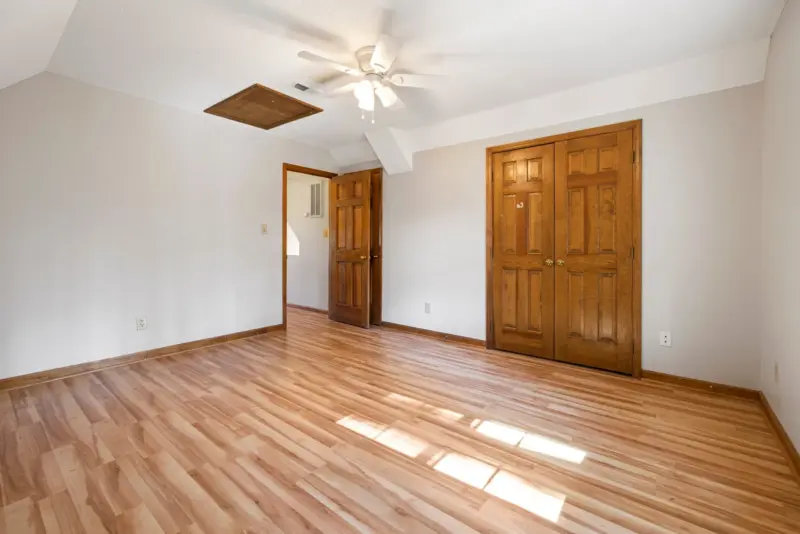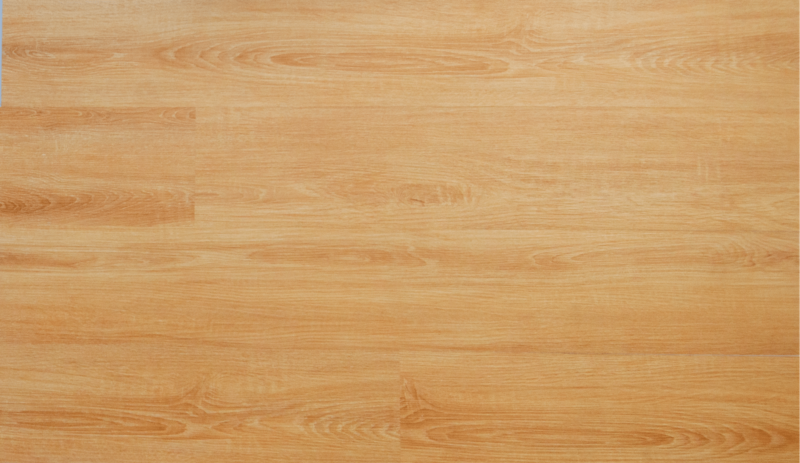What is Hybrid Flooring?
Hybrid flooring is a multi-layered type of flooring that combines a highly durable, wood-like appearance. It merges the best features of laminate and vinyl flooring, offering the authentic look of natural wood, making it an ideal choice for those seeking both beauty and durability in their flooring. Hybrid flooring is particularly popular in high-moisture areas like kitchens, bathrooms, and restrooms, illustrating its strong standing in the building industry.
What is Hybrid Flooring Made of?
Hybrid flooring is composed of four main layers:
- Wear Layer: This top layer is scratch-resistant, stain-resistant, and highly durable, extending the floor’s lifespan.
- Decorative Layer: This layer reflects the natural look of wood or stone, lending a stylish, elegant appearance to the flooring.
- Rigid Core: The central layer is made from materials like PVC and minerals such as limestone, adding stability and robust strength.
- Backing Layer: The final layer adds stability and balance, preventing sound transmission and vibration.
Is Hybrid Flooring Waterproof?
Yes, hybrid flooring is fully waterproof. Its multi-layer structure and moisture-resistant materials make it an ideal choice for wet environments. As a result, hybrid flooring is frequently used in bathrooms, kitchens, and restrooms, as it remains unaffected by moisture and water exposure.
What is SPC Hybrid Flooring?
SPC, or Stone Plastic Composite, is a specific type of hybrid flooring with a stone-plastic core, designed for enhanced durability and stability.
Key Features of SPC Hybrid Flooring:
- High Resistance to Impact and Pressure: The stone core in SPC flooring adds superior strength.
- Stability in Temperature and Humidity Fluctuations: SPC’s rigid structure withstands temperature and humidity changes with minimal reaction.
- Suitable for High-Traffic Areas: This flooring is perfect for busy environments requiring resilient flooring solutions.
Advantages and Disadvantages of Hybrid Flooring
Advantages:
- Waterproof: Ideal for wet environments such as kitchens, bathrooms, and restrooms due to its complete water resistance.
- High Durability: The top wear layer protects against scratches and stains, extending the floor’s lifespan.
- Easy Installation: Hybrid flooring features a simple click-lock installation, requiring no adhesive.
- Stylish, Natural Design: The variety of realistic and elegant patterns allows you to design beautiful spaces to enjoy.
- Resistance to Temperature and Humidity Changes: This flooring withstands temperature fluctuations without warping.
Disadvantages:
- Relatively High Cost: Due to its high-quality materials and advanced technology, hybrid flooring is generally more expensive than other types.
- Possible Fading with Direct Sunlight Exposure: Although resistant to moisture and temperature, hybrid flooring may fade slightly under constant direct sunlight.
- Limited Customization for Unique Decor: Hybrid flooring may have fewer unique design options, posing challenges in matching very specific decor styles.



